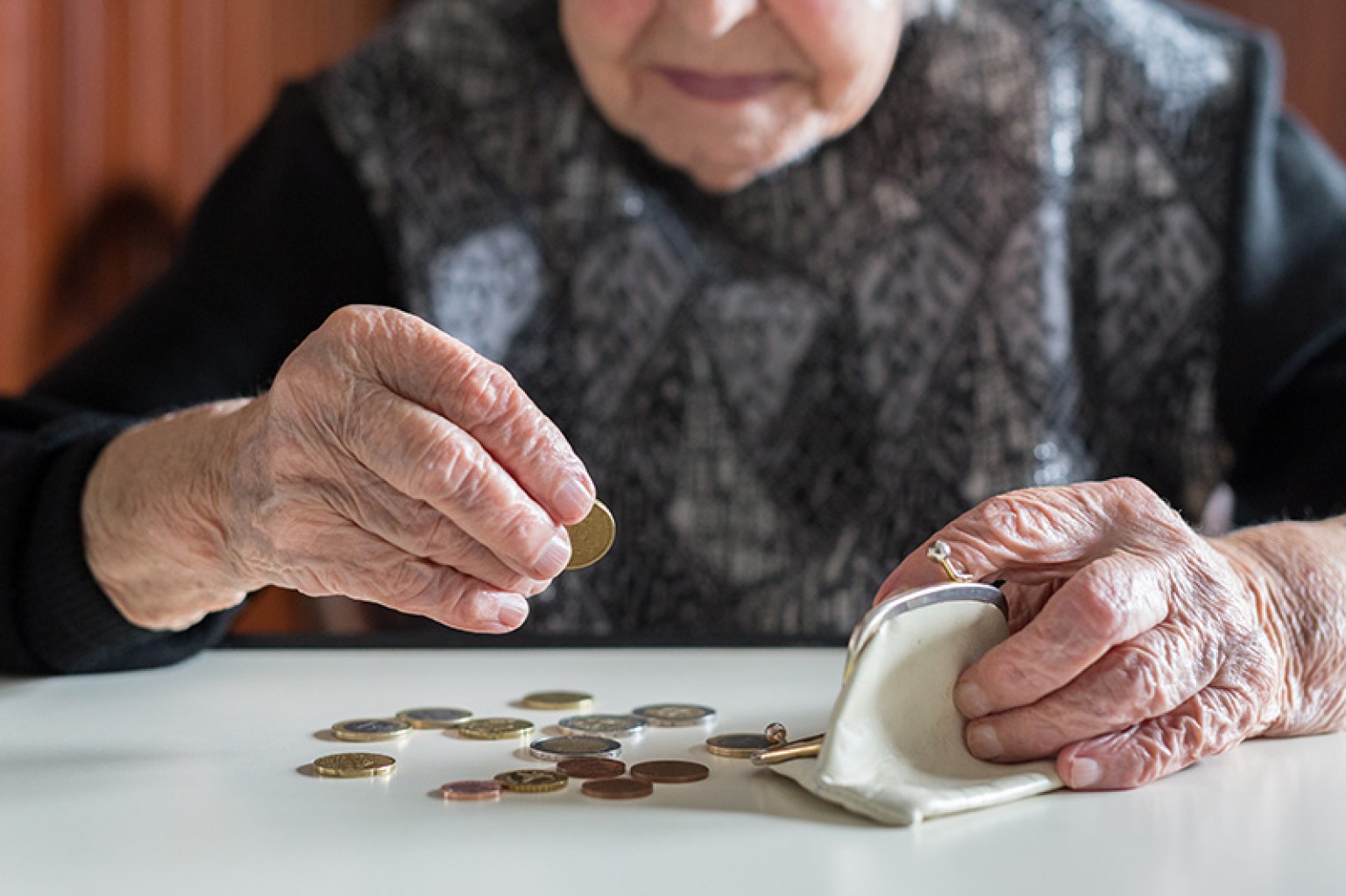Financial Elder Abuse - know the signs

While financial abuse can happen to anyone, it is a particular problem for our older generation. Around half the cases of elder abuse that Age Concern work with include financial abuse, and at Public Trust we are dedicated to keeping vulnerable community members safe.
Misuse of enduring powers of attorney
Would you be able to spot misuse of enduring powers of attorney?
Sadly, this kind of abuse is often carried out by close family and friends as the older person who has appointed them to be their enduring power of attorney trusting that they would act honourably. It pays to wise up to the different forms that this kind of abuse takes.
Embezzlement - this is when the person who has the legal rights and access to the accounts (the attorney), uses the anticipated likelihood of receiving an inheritance as an excuse to steal money or assets. Often claims are made of 'borrowing' with the thoughts such as: 'Oh, Dad wouldn't mind if he was all there'.
A display of entitlement to someone's belongings - unless someone has explicitly stated they are happy to share their belongings, this could be seen as theft.
Denying someone's access to care services like a rest home, in order to maximise the size of the estate that will be left behind for the attorney to eventually benefit from.
Conversely, the situation of an attorney or an EPA placing someone prematurely in care to suit their own agenda.
Selling a home without the knowledge or permission of the rightful owner(s).
Adults not paying their own way
It can be hard to pick up on the subtleties that are weaved into any type of abuse as it really does come in all shapes and sizes. With financial elder abuse, the abusers are often closely connected and have some kind of bond with their victim.
Hanny Naus, Elder Abuse National Educator for Age Concern New Zealand, suggests to be aware of the following:
Any adult using someone's home and assets without contributing to the costs.
Trust your gut – as well as uncovering evidence that someone is being taken advantage of, you'll also be relying on instinct to determine whether someone is in a bad situation.
Remember that older people try to support adults they care about so they might not fight back or realise they are a victim putting themselves in a vulnerable situation.
Seek advice from an independent agency with experience like Age Concern about how to approach a situation you have queries about. Approaching a potential abuser directly can increase harm for an older person.
Scam relationships
Unfortunately, financial and psychological abuse aren't mutually exclusive and are weaponised by people wanting to exploit vulnerable people for financial gain. Such scams can be fronted to the victim as friendship, companionship or often as a romantic relationship.
Things to watch out for are:
A person or persons previously unknown to a victim suddenly becoming a part of their day to day life
A possible victim becoming withdrawn from friends and family
An unlikely suitor claiming a legitimate romantic connection
Romance scams are often run via phone or internet, so any new relationship that is not face to face is another red flag.
Strange transactions
Unpaid bills, lack of spending money and unusual looking withdrawals from accounts are tell-tale signs that something isn't quite right. If you suspect a loved one is being exploited you must let their bank know.
Where to get help and make it stop
Call 111 if you think someone is in immediate danger and needs urgent help or 105 for non-emergency support
Age Concern - 0800 652 105 – please call for free and confidential advice. Even if you are unsure we prefer you call and talk about your concerns earlier rather than later.
Elder Abuse Response Service is a confidential 24 hour, free phone, helpline - 0800 32 668 65